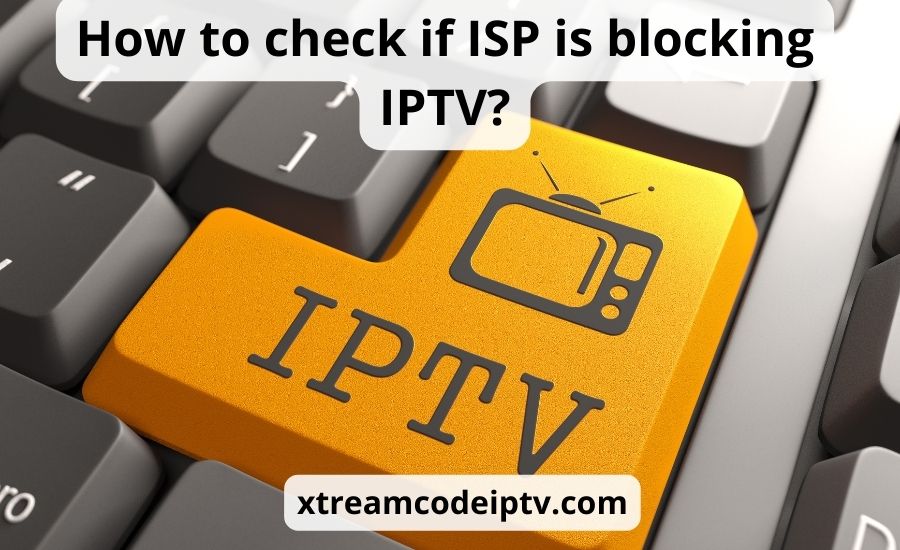How to check if ISP is blocking IPTV? There are times when users may think that their Internet Service Providers (ISPs) are banning specific services, for instance, Internet Protocol Television (IPTV).
If you surmise your ISP is blocking IPTV, it’s crucial to reach out to them for clarification and potential solutions. Understanding the causes behind why your ISP is blocking specific content can help you navigate and address the issue effectively.
In this article, we’ll walk you through the processes and procedures to find out if your ISP is blocking your IPTV experience and, likewise how to deal with any trouble that may arise.

Why is ISP blocking IPTV?
ISP is blocking IPTV for several causes. One primary concern is copyright infringement. Some IPTV services supply copyrighted content without sufficient authority or licensing, putting ISPs at legal risk.
Additionally, ISPs block IPTV services to cope with network congestion, uphold content policies, or comply with orders.
These actions aim to protect the interests of both the ISP and its users while ensuring fair access to internet resources.
How to check if ISP is blocking IPTV?
To discover if your ISP is blocking your IPTV service, you can take several steps. Firstly, try accessing your IPTV service from other equipment and locations within your home or office to rule out device-specific or local network issues.
If the problem persists, consider using a Virtual Private Network (VPN) to connect to your IPTV service.
You can also call your ISP’s customer service and ask about any known limitations or concerns associated with your IPTV service.
Finally, check online forums or communities to see if other users are having similar issues, as this could indicate that your ISP is blocking the service.
List of ISP Blocking IPTV
- TalkTalk
- Plusnet
- British Telecom (BT)
- Virgin Media
- EE
- Vodafone
- AT&T
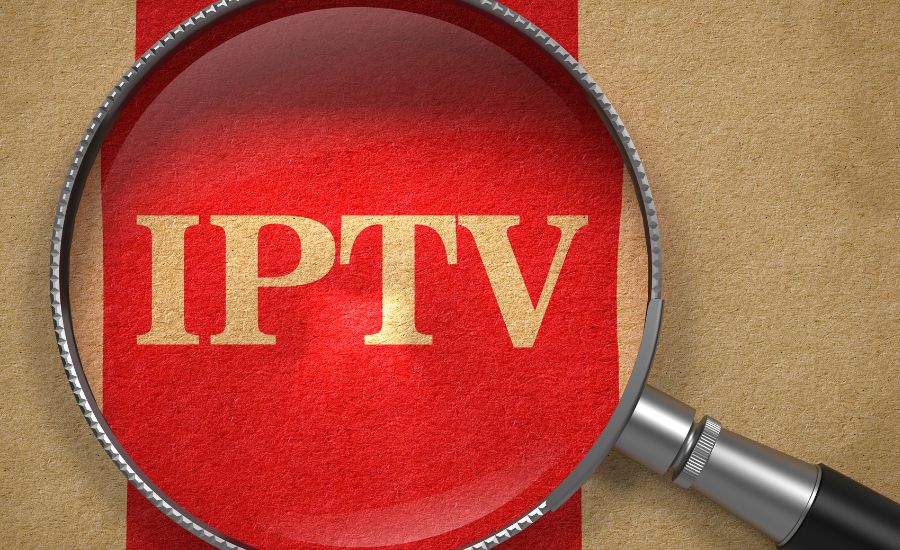
Can internet providers block IPTV?
Internet service providers (ISPs) can censor IPTV traffic, and in concrete circumstances, ISPs may blocking or restricting IPTV services.
ISPs may take such actions for various causes, including copyright enforcement, network control, or compliance with regional regulations.
Still, it is significant to note that not all ISPs block IPTV, and the particular actions accomplished may vary.
Users who suspect their ISP is blocking IPTV services can apply methods such as using VPNs or changing DNS to bypass potential restrictions and enjoy uninterrupted access to their favorite content.
Verify Port Accessibility
To ascertain that your IPTV service functions smoothly, it’s essential to verify port accessibility on your network. Ports are virtual gateways that allow data to flow in and out of your devices and network. Numerous IPTV services rely on specific ports to transmit data effectively. Steps to verify port accessibility:
- Access your router’s configuration and navigate to port forwarding.
- Configure your router to forward specific ports to your IPTV device’s IP address, as per your IPTV service’s requirements.
- Ensure your router’s firewall settings don’t block the required ports; create exceptions if needed.
- If available, enable UPnP on your router to automate port management.
- Stream content to confirm your IPTV works with the configured ports.
- Prioritize network security when opening ports; update router firmware regularly.
- Contact your ISP if you suspect port restrictions that affect your IPTV.

Contact Your ISP
Contacting your ISP is the first step in addressing any issues. By reaching out, you can initiate a dialogue aimed at resolving the problem and preventing your ISP from blocking IPTV.
Clear communication with your ISP can help clarify whether they are indeed blocking IPTV and, if so, understand the reasons behind it.
This direct contact can also facilitate discussions on potential solutions or alternative options to ensure that your IPTV access remains uninterrupted.
Use a VPN
When your ISP is blocking ingress to IPTV services, a VPN (Virtual Private Network) can be an acceptable option. VPNs transmit your internet traffic via encrypted tunnels, allowing you to access IPTV services without being limited by ISP blocks.
By connecting to a VPN network, your online activities become anonymous ensuring uninterrupted entrance to your desired content. It’s essential to choose a reputable VPN service that offers servers optimized for streaming to enhance your IPTV experience.
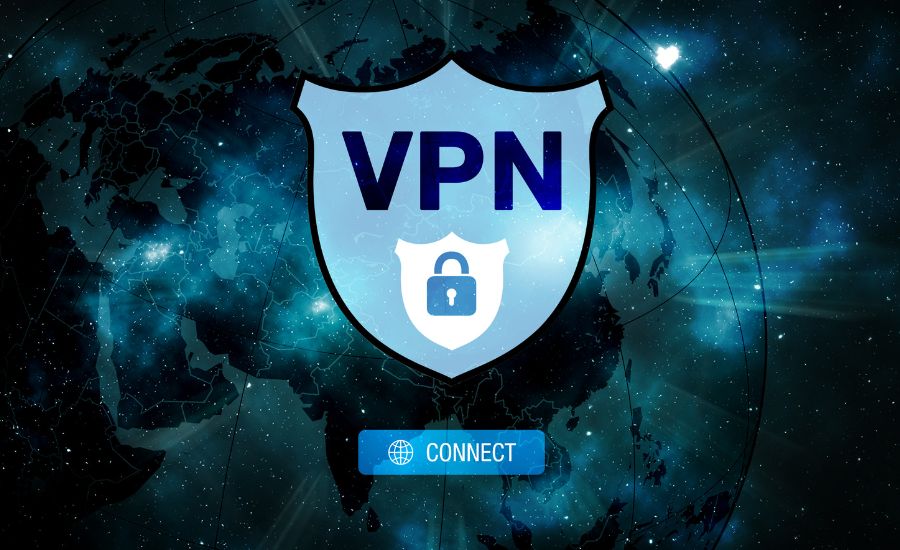
Use a proxy server
The next effective way is by using a proxy server. A proxy server acts as an intermediary between your device and the internet. When you join a proxy server, your internet traffic is routed through it, hiding your IP address and location.
This can help you access blocked content, bypass geolocation restrictions, or maintain anonymity online.
Using a proxy server can be a valuable tool for accessing restricted websites and protecting your online identity.
What is the difference between a VPN and a proxy server?
A VPN and a proxy server share similarities in their ability to enhance online privacy and security, but they have distinct differences in functionality.
A VPN, or Virtual Private Network, is primarily focused on providing robust privacy and security measures.
VPNs are commonly used for secure web browsing, bypassing geo-restrictions, and safeguarding sensitive data from potential eavesdropping.
On the other hand, a proxy server acts as an intermediary between your device and the internet. While it can serve various purposes, such as improving speed or bypassing content restrictions, its main function isn’t necessarily privacy and security.
In essence, while VPNs are tailored for overall online security and anonymity, proxy servers are more versatile tools often used for specific purposes like accessing geo-restricted content or optimizing internet speed, albeit with varying levels of data protection.

Is it legal for ISP to block VPN?
The lawfulness of Internet Service Provider blocking VPN connection varies by country and jurisdiction. In some places, ISPs are allowed to block or restrict VPN usage for various reasons, including compliance with local regulations, security concerns, or network management.
However, in other regions, such actions may be considered a violation of net neutrality principles or consumer rights. It’s essential to review your local laws and regulations to determine the validity of ISPs blocking VPNs in your specific area. Additionally, ISPs usually specify their policies regarding VPN usage in their terms of service agreements, so it’s a good practice to read and understand those terms.
Use a site’s IP address
To bypass ISP restrictions on accessing a specific website, you can try using the site’s IP address instead of its domain name. ISPs often implement restrictions by sealing off domain names or URLs, but they may not block the IP address associated with the site.
By directly typing the IP address into your browser’s address bar, you can potentially access the site even if the domain name is blocked. However, we draw your attention that this method may not work for all websites, as some may use content delivery networks (CDNs) or multiple IP addresses, making it more challenging to bypass ISP restrictions in this way.
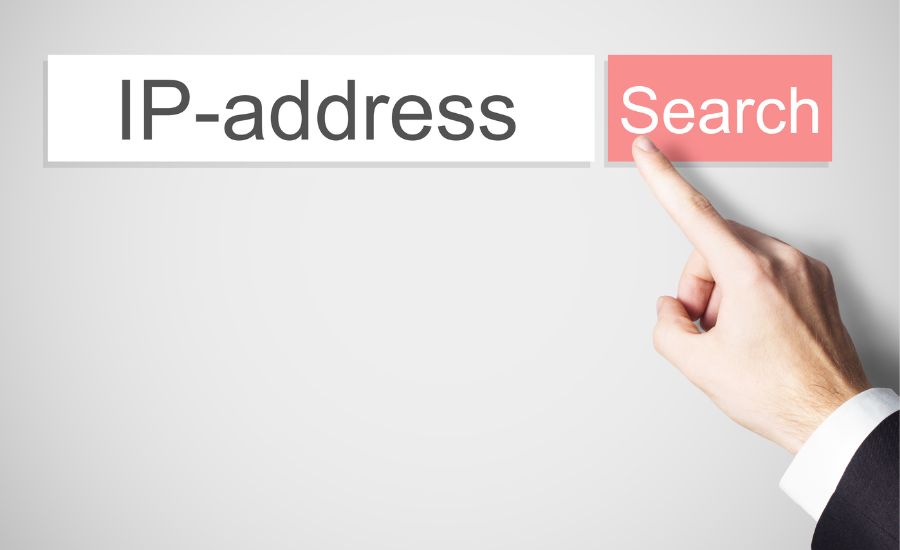
Use Tor
Tor is a privacy-focused network that routes your internet traffic via a series of free servers, encrypting it at each step. This makes it extremely difficult for anyone, including ISPs and government agencies, to trace your online activities back to you.
Tor can help you access blocked websites, protect your privacy, and maintain anonymity, but it may also slow down your internet connection due to the multiple hops your data takes.
It’s an excellent choice for users seeking robust privacy and censorship circumvention, especially in regions with strict online surveillance and censorship.
Change DNS settings
Shifting your DNS (Domain Name System) settings can be a useful strategy to prevent your ISP from blocking IPTV services. Some ISPs block access to IPTV content by manipulating DNS requests.
By using alternative DNS servers, such as those supplied by public DNS providers like Google DNS or Cloudflare DNS, you can avoid potential DNS-based restrictions enforced by your ISP.
This can help ensure a smoother and uninterrupted IPTV experience, as your device will resolve DNS queries independently, rather than relying on your ISP’s DNS servers, which may block certain IPTV-related domains.

Note that using a smart DNS often works
Note that using a Smart DNS service can often be an effective solution to overcome DNS filtering implemented by ISPs or regional restrictions on certain websites and content.
DNS services are designed to reroute specific DNS requests through their servers, allowing users to access geo-blocked or restricted content without affecting their overall internet speed.
Unlike VPN connection, which route your traffic through a remote server, DNS services focus solely on DNS requests, making them a convenient choice for unblocking websites and streaming content from different regions while maintaining fast connection speeds.
What measures are companies taking to control access to IPTV services?
Let’s look at the example of two companies Virgin Media and British Telecom (BT).
Virgin Media
Virgin Media, a prominent Internet Service Provider (ISP) in the United Kingdom, has been known to take steps to prevent illicit access to IPTV providers that distribute copyrighted information. Virgin Media, like numerous ISPs, is free to ban particular IPTV services to comply with copyright and licensing agreements and steer clear of possible legal issues.
Nevertheless, it’s essential to keep in mind that the specific actions taken by ISPs can change over time, so it’s advisable to stay updated on their policies and seek alternatives if you encounter IPTV issues.
British Telecom (BT)
British Telecom (BT) has taken steps to freeze access to several IPTV services that may violate copyright and licensing agreements. As with other ISPs, BT’s actions are often driven by legal and regulatory compliance.
They aim to prevent their customers from accessing IPTV content that lacks proper authorization or licensing, helping them avoid legal repercussions.
It’s important for BT customers to be aware of their ISP’s policies regarding IPTV usage and to seek alternative sources if they encounter restrictions while trying to access several IPTV services.
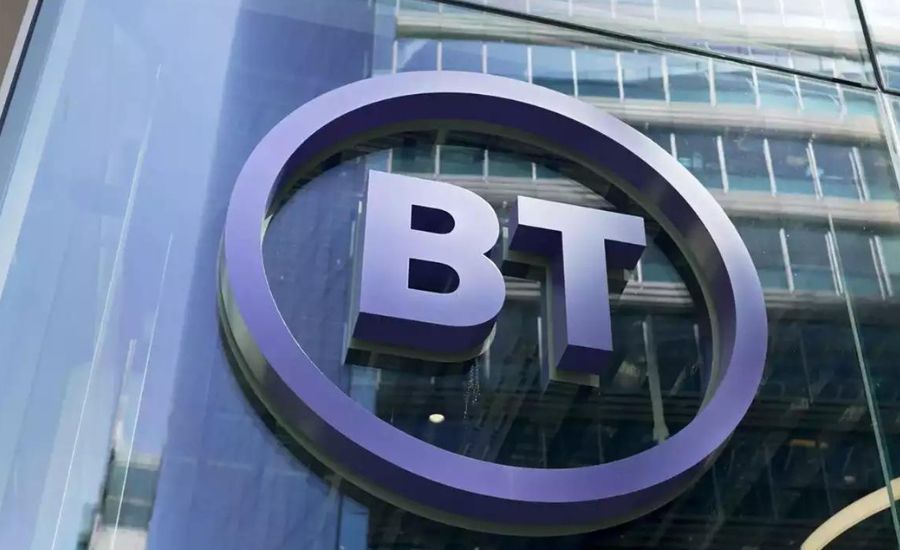
How do I unblock a website from my ISP?
What should you do if your ISP block websites? If your ISP block websites, first check to see if your provider is using DNS filtering. If this is the case, you can bypass these restrictions by using alternate DNS servers such as Google DNS or Cloudflare DNS.
Additionally, consider using a VPN, which encrypts your IPTV traffic and reroutes it through servers in different spots, effectively getting around ISP blocking of websites.
Seek legitimate IPTV services
To determine a smooth and streaming experience on your IPTV device, it’s advisable to seek legitimate IPTV services. Using reputable and authorized IPTV services not only guarantees the legality of your content but also reduces the risk of encountering issues with your ISP blocking IPTV traffic.
Legal services typically offer better quality, customer support, and content reliability, enhancing your overall viewing experience while avoiding potential disruptions caused by ISP interference.
How can I get away from ISP blocking?
Regard using a VPN to avoid ISP limitations and enjoy uninterrupted streaming IPTV content. A VPN encrypts your IPTV traffic and sends it through servers all over the world, making it onerous for your ISP to identify and ban certain services.
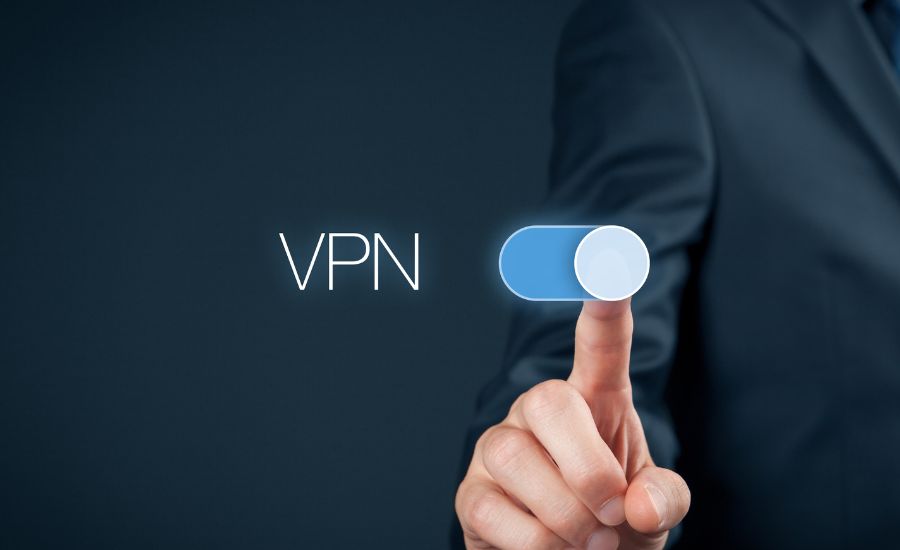
FAQ
Will ISP block IPTV?
ISP blocks IPTV services for a variety of factors, such as copyright concerns or regulatory compliance, but not all ISPs engage in such practices. To stop ISP blocking IPTV, you can try using a VPN or modifying your DNS settings, which may help get around these restrictions.
How do I turn off ISP blocking?
Consider configuring your router to use alternative DNS servers, such as Google DNS or Cloudflare DNS, to disable ISP blocking for IPTV, as some ISPs use DNS filtering to limit access. A VPN, on the other hand, can help you access IPTV content by disguising your IP address and avoiding ISP restrictions.
Can my ISP block my Firestick?
While Internet Service Providers can potentially block access to IPTV services, they generally do not block specific devices like Firestick. If you encounter issues with your Firestick and suspect ISP interference, consider using a VPN or altering your DNS settings to regain access to your IPTV content.
How do I know if my IP is blocked by ISP?
If you suspect that your IP address is blocked by your ISP, try accessing the IPTV from a different device or location within your network. Additionally, using a Virtual Private Network can change your IP address and help you define if your ISP blocking IPTV.
Does VPN block IPTV?
A VPN can help bypass ISP blocking IPTV services by encrypting your internet traffic and leading it through servers in various locations. Even so, not all VPNs support or are suitable for IPTV, so it’s essential to choose a compatible service for this purpose.
Conclusion
In conclusion, IPTV users can face challenges when it comes to accessing their favorite content, with ISPs blocking IPTV.
However, understanding how to check if ISP is blocking IPTV and taking a proactive course of action, such as configuring DNS filtering, using VPNs, or exploring alternative solutions, can empower IPTV users to overcome these obstacles. While the landscape of blocking IPTV may evolve, users need to stay informed and take procedures to ensure their IPTV devices remain accessible.
